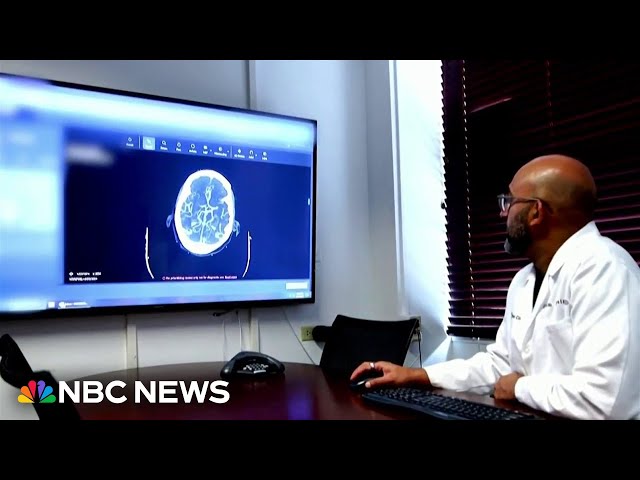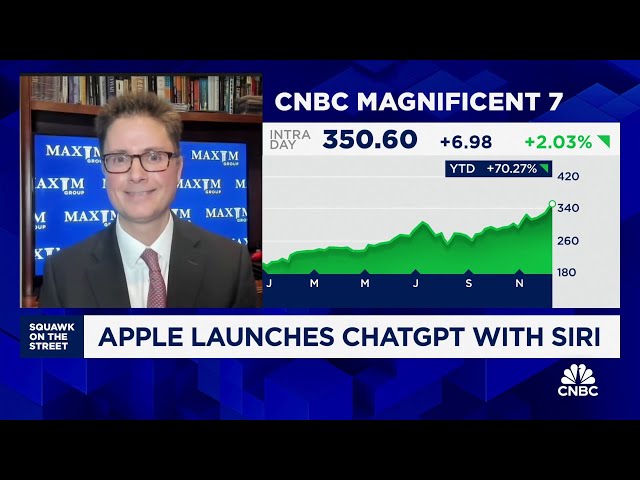New AI software doubles stroke diagnosis accuracy
New AI software can read the brain scans of patients who have had a stroke to more accurately determine the timing of the stroke and assist physicians in deciding if it can be effectively treated. The aim for this new technology is to provide more prompt and precise emergency treatment for patients in a hospital environment. The importance of knowing when the stroke started is crucial, as standard treatments are only effective in the very early stages following a stroke – any delay could result in further harm. "The problem is that we don't always know exactly when the stroke began," consultant neurologist Dr Paul Bentley, who led the research study, told Reuters. "The challenge is knowing when a stroke has happened and how quickly it's developing over time. And this helps us know when we should be giving these drugs or surgical treatments that can help people but we've got to give these treatments to the right people at the right time," he said. The software, devised by researchers from Imperial College London, Technical University of Munich, and Edinburgh University, addresses two of the most difficult challenges in assessing stroke patients – identifying the onset time of the stroke and whether the damage can be reversed. Dr Bentley, who is also a consultant neurologist at Imperial College Healthcare NHS Trust, which has one of eight hyper acute stroke units in London, said the software has been found to be twice as accurate as the current method – a visual assessment of the scan by a medical professional, who considers how dark a stroke area appears on CT scans of the brain. “Our calculations suggest that it means that about 50% more patients will be treated appropriately with the right treatments in the emergency situation," Bentley said. A stroke occurs when the blood supply to part of the brain is blocked or reduced, preventing brain tissue from getting oxygen and nutrients. Brain cells then start to die quickly. (Production: Stuart McDill)




















